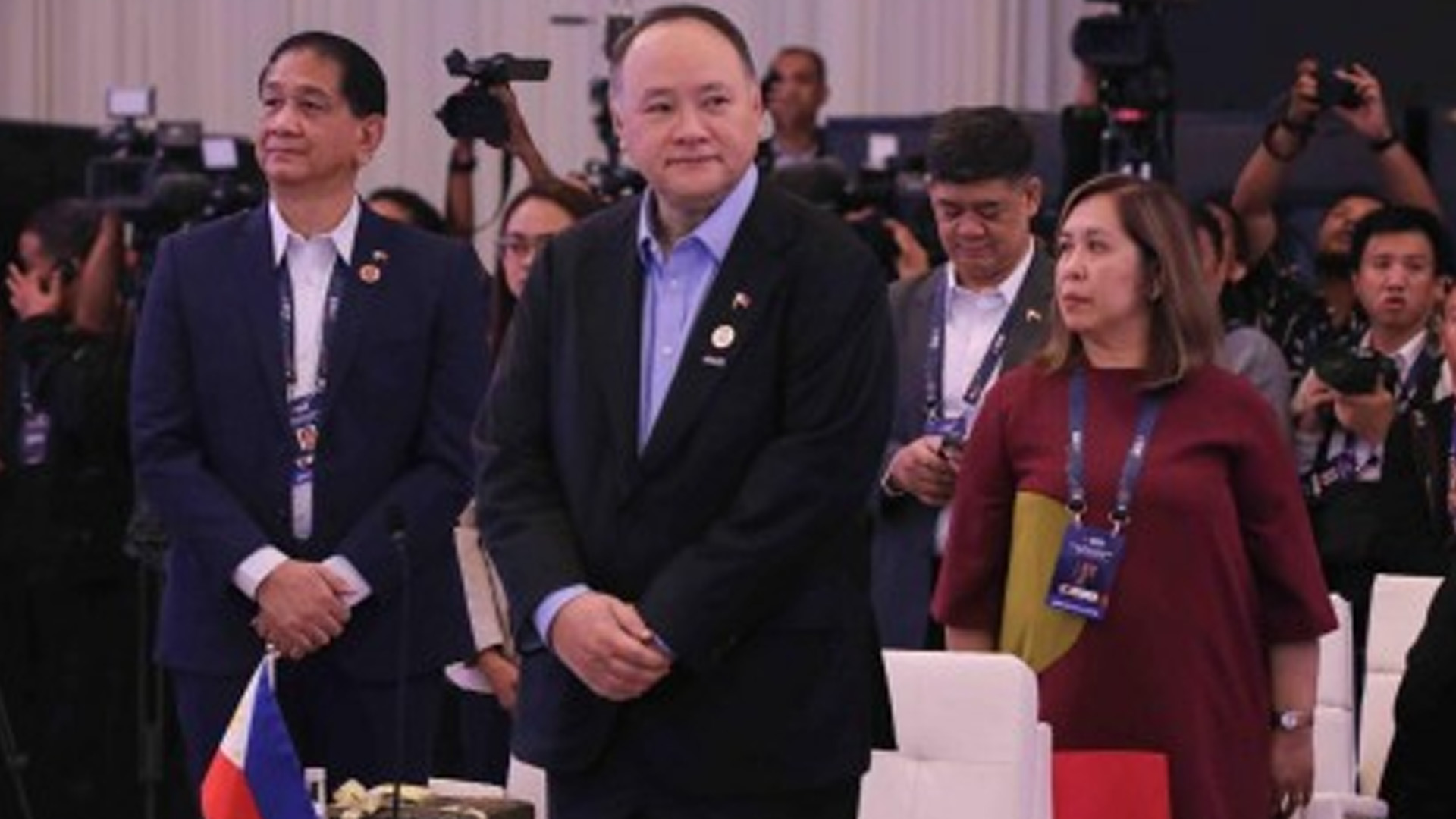Department of National Defense (DND) Secretary Gilberto Teodoro Jr. on Wednesday stressed the need for a resolute and united Association of Southeast Asian Nations (ASEAN) in addressing emerging security challenges confronting the region.
The defense chief delivered a message at the ASEAN Defence Ministers’ Meeting (ADMM) Retreat in Penang, Malaysia.
He also highlighted that amid the shifting geopolitical landscape, the actions of a few states are reshaping global relations.
The DND chief underscored the necessity for the 10-member bloc to remain cohesive and proactive in upholding regional stability.
“ASEAN has ensured the longest period of peace in any region since World War II. However, this peace is now under threat—not due to our incapacity to preserve it, but because of the absence of unanimity on key issues,” Teodoro said in a media release.
He also reaffirmed Manila’s long-standing commitment to regional peace and pointed out the importance of articulating the realities of the current geopolitical environment to remain adaptive to rapid change and uncertainties.
Teodoro also cited that President Ferdinand R. Marcos Jr. has underscored the importance of ASEAN upholding the rule of law against contemporary challenges.
“Silence in the face of violations diminishes ASEAN,” he quoted President Marcos as saying, calling for proactive measures in defending international law and norms.
The DND chief also urged ASEAN to strengthen operational cooperation by expanding joint patrols, exercises, and intelligence-sharing to build trust among regional defense forces.
He also shared the success of the Philippines’ trilateral cooperation with Indonesia and Malaysia, saying such collaborative efforts should be further developed to address pressing security concerns.
Teodoro also warned against external attempts to sow division within Southeast Asia, saying that ASEAN must reject external influences that seek to fragment the region.
ASEAN, the DND chief said, must remain steadfast in its commitment to independence and strategic autonomy.
“We should resist coercion in whatever form and exchange information on foreign activities that are inimical to our national interests, such as online scams, trafficking in persons, illegal migration, which destroy the fabric of our respective societies,” Teodoro added.
He further reiterated that the ongoing threats to Philippine sovereignty, sovereign rights and jurisdiction in the West Philippine Sea are not merely a domestic or regional concern but a “global issue” that impacts the stability of the international system.
“At the heart of this matter is the existential right of smaller states—ASEAN Member States in particular—to live in peace, secure their borders, and pursue their own destiny,” he stressed.
Teodoro highlighted the Philippines’ commitment to multilateralism, diplomacy, and the peaceful resolution of disputes in accordance with international law.
He urged ASEAN members to act decisively in preserving peace and stability, emphasizing that the bloc’s strength lies in its ability to cooperate, consult, and take collective action when necessary.
“We may not always agree, but the spirit of ASEAN compels us to cooperate where we can, consult where necessary, and act when we must,” he concluded. (PNA)







